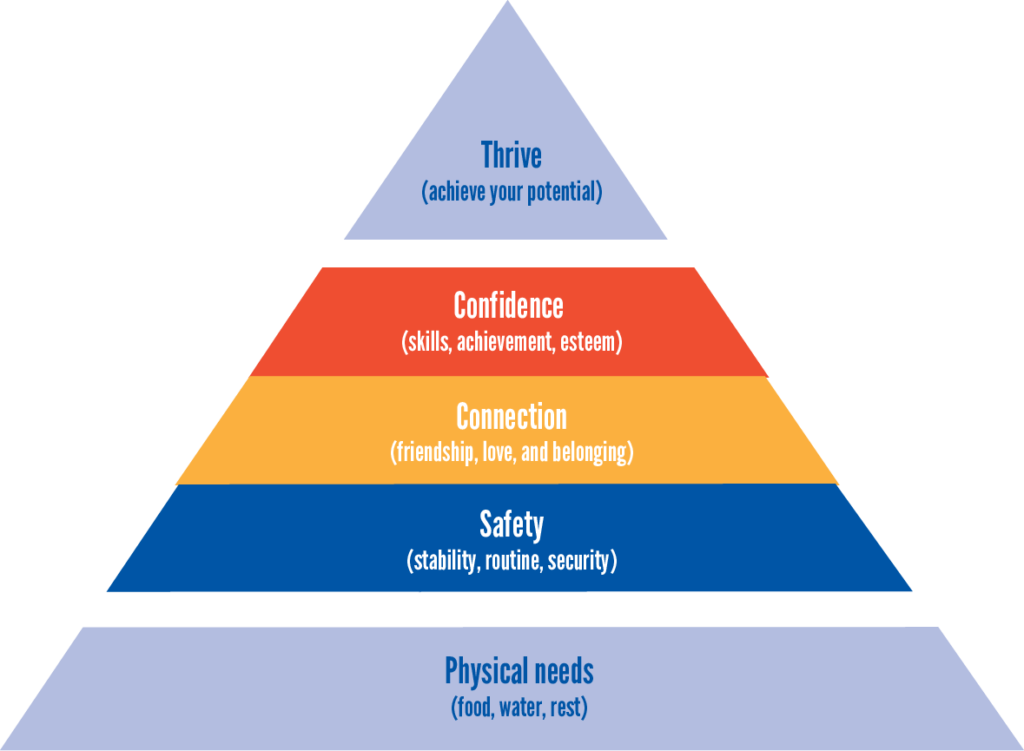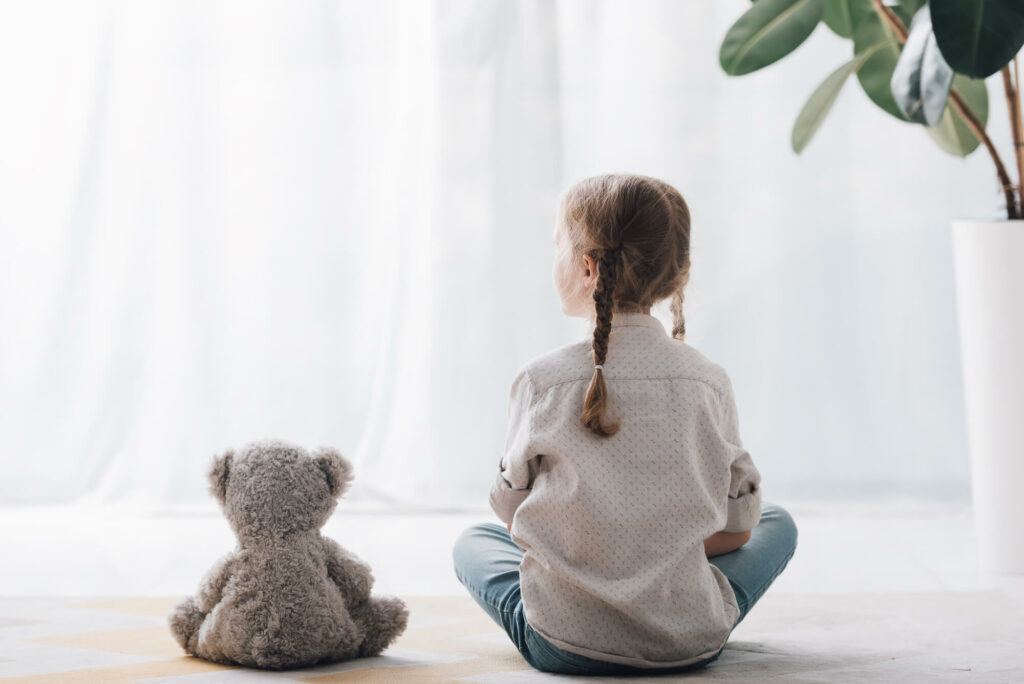Every other year children in Utah schools are given a survey that asks: During the past 12 months, did you ever feel so sad or hopeless almost every day for two weeks or more in a row that you stopped doing some usual activities? In 2011, 13% of youth responded yes, but when the survey was repeated in 2017 that number had risen to 25%. (Utah County Student Health and Risk Protection (SHARP) survey data.)
While not all of these children who answered yes would meet the criteria needed to diagnose a Depression or an Anxiety Disorder, this trend illustrates the increasing challenge our children are facing. Frequently I’m asked if the causes of this increase are known. While there are many theories about contributing factors, such as the use of smartphones, living at elevation, changes in family structure, helicopter parenting, and social media, none of them fully capture what is going on, and more importantly, they do not provide any guidance on what parents should do for those kids who are suffering.
To address this, the United Way created a program called Everyday Strong, which focuses on building resilience in kids to help them combat anxiety and depression. This is achieved by focusing on our physical needs, our need for safety and our need for connection, which when met, allows us to feel confident and hopefully thrive in life.
Below is a brief discussion of these concepts, but for more details and ideas you can read through the EveryDay Strong Handbook, attend a live presentation, or watch a recorded presentation here.

At the most basic level, we all have physical needs that must be met. Examples include sleep, food, water and rest. We all know that person who becomes “Hangry”, but once you give them a little food, they return to a more productive version of themselves. When I was on Active Duty in the Navy, I learned that when marines, soldiers, sailors or airmen had experienced combat stress, the most effective intervention is “3 Hots and a Cot”, or in other words three hot meals, a chance to get good sleep, with a plan to return to their unit as soon as possible.
Once our most basic needs are met, we need a place to feel both physically and emotionally safe. As parents, we can focus on creating an environment where it is safe to talk, safe to feel emotions, safe to explore, and safe to fail. Because even if a child is safe, they may not feel it. It’s better to listen more than you speak while withholding judgment about what they are feeling and discuss failure as a chance to grow. This is easy to say, but much harder to do.
As you strive to create a safe environment, this should lead to opportunities for you to connect with your child. One of the most common complaints of teens experiencing anxiety and depression is feeling alone even when they are surrounded by people. You can connect by playing together, laughing together, learning about their interests even if you think they are boring, and apologizing to your child when you’ve done something wrong. Sometimes this is easy when you and your child share similar interests, but other times it is a real stretch. For example, what if they love playing the video game Fortnite or enjoy being in theatre, (things that don’t necessarily appeal to you)? Taking time to learn the basics, even making a fool of yourself by participating can go a long way to making that connection. Every child is unique and taking time to find that uniqueness is what brings about connection.

Ultimately, it is impossible to make someone else feel confident, but there are things you can do to encourage your child to find confidence. Some examples include trusting your child’s ability to solve problems, role-playing solutions, and remember when they have been successful. One specific tool that can help when dealing with Anxiety and Depression is naming the problem the child is facing. If every time a child is about to go to school they get overwhelmed worrying about all the things that can go wrong, you can start a conversation that what they are feeling is Anxiety. At times, giving this feeling of anxiety a specific name such as the “Bossy Pants” or “Stinky Head” helps externalize what they are feeling and allows them to get back in charge.
As you meet a child’s basic needs, help them feel safe, create meaningful connections, and build confidence, your child will have an opportunity to thrive.
The information provided by the United Way is not meant to replace professional mental health care. If you feel like your child’s needs surpass the given advice, please make an appointment with one of the Pediatricians at Canyon View Pediatrics.
https://www.unitedwayuc.org/images/pdfs-doc/UnitedWay_ResilienceHandBook_Web.pdf



